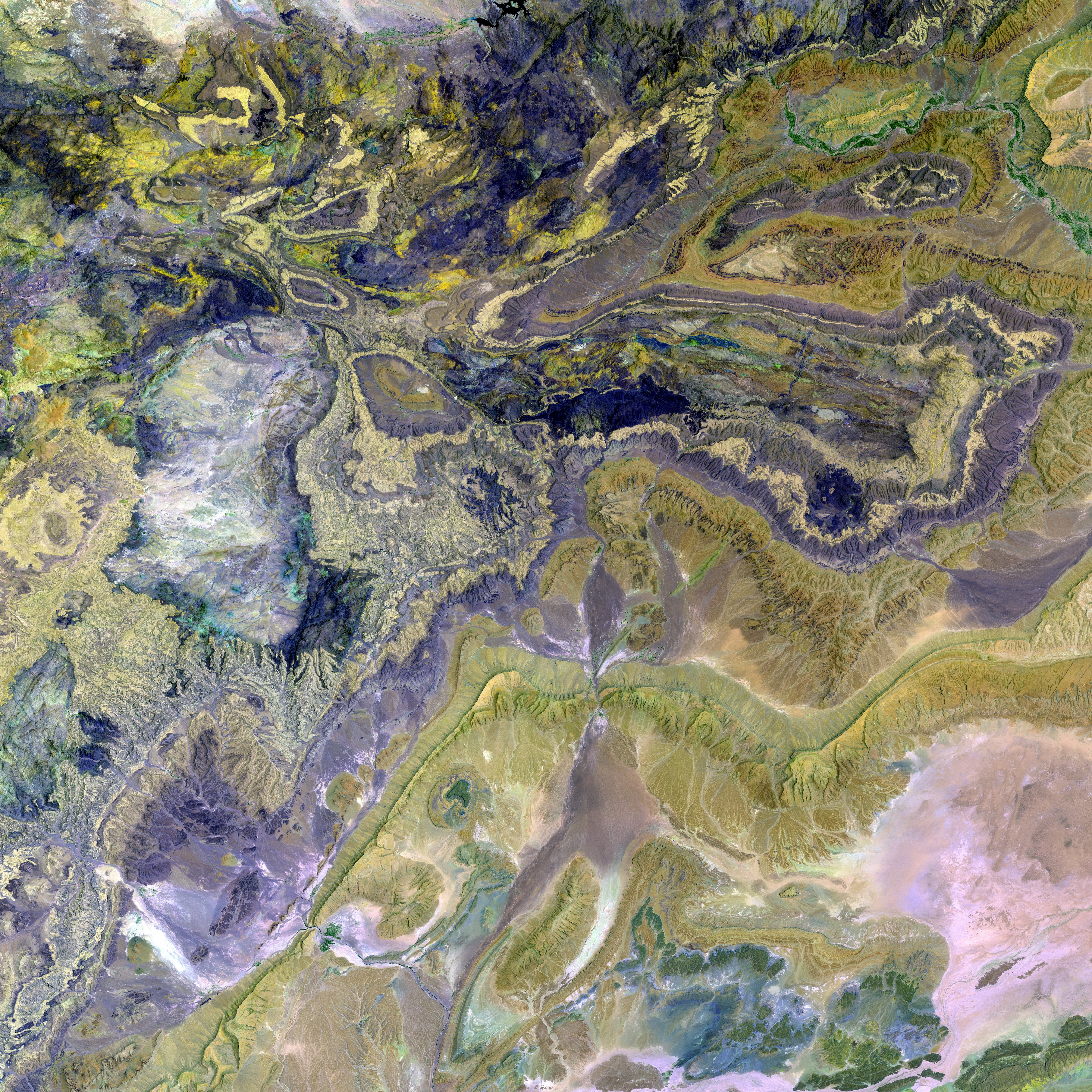Exploring the potential impacts of India's growing influence in the South Caucasus region
India's Enhanced Support for Armenia Shapes South Caucasus Security Landscape
India is strengthening its support for Armenia, a move that is adding a new dimension to the already intricate security landscape in the South Caucasus. Over the past five years, Armenia has secured arms deals valued at approximately $1.5 billion from India, including anti-aircraft missiles, artillery systems, combat drones, and munitions, according to Russian media outlets. This comes as arms sales from Russia, a former strategic ally of Armenia, have largely tapered off. France has also announced additional estimated $250 million-worth of arms deals with Yerevan, while Armenia appears to be gradually tilting towards the United States and the European Union.
An analysis by the Russian International Affairs Council reveals that Armenia's shifting alignment, both in terms of arms purchases and political engagement, is causing concern in Moscow. The report notes, "Several years ago, it was possible to boldly assert that Armenia is not only a special sphere of interest for Russia in the South Caucasus, but the key point for projecting the Russian presence in the region. Today, [Russia's] presence and influence are in doubt."
Armenia's recent arms purchases pose a practical challenge for Russia. For instance, the artillery systems being obtained by Armenia fire 155-mm shells, whereas Russian systems use 152-mm rounds. Meanwhile, India is not restricting its support to weapons sales. New Delhi is also leveraging the tourist industry to discourage its citizens from visiting Azerbaijan and Turkey, Armenia's long-standing adversaries in the Caucasus. According to a popular Indian travel platform, new bookings for travel to Azerbaijan and Turkey plummeted by 60 percent in early May, with cancellations of existing travel plans more than doubling.
India's growing interest in Armenia is seen as an offshoot of its ongoing rivalry with Pakistan. Some analysts believe that India aims to disrupt the strengthening trilateral bond among Azerbaijan, Pakistan, and Turkey, and views its alignment with Armenia as a counterbalance. Furthermore, India recognizes Armenia as a crucial component in its efforts to develop trade routes that operate outside of the emerging Chinese-financed Belt & Road network. India's burgeoning economic rivalry with China underpins this strategic priority in the South Caucasus.
The Russian-affiliated AzerMedia website in Baku has expressed concern over the involvement of non-regional actors in the South Caucasus, warning that the region risks becoming an "arena" for proxy conflicts instigated by external powers. This apprehension has been heightened by the recent tensions between India and Pakistan. A commentary published by AzerMedia cautioned, "The involvement of non-regional actors in the South Caucasus risks fragmenting the region's security architecture. The key question for regional states is whether to assert their sovereignty by balancing great powers or become instruments in their global conflicts. The choice is also between development through trade and logistics - or militarization."
In essence, India's support for Armenia is a strategic move designed to enhance its influence in the South Caucasus while countering regional alliances involving Pakistan and Turkey. However, this support could also escalate tensions and destabilize the region. The situation also underscores a broader geopolitical rivalry involving India, China, and regional powers, with China's investments in the region serving as a counter to India's influence. This complex geopolitical landscape presents a significant challenge for regional stability.
- The growing interest of India in Armenia is linked to its ongoing economic rivalry with China, as India sees Armenia as a crucial component in developing trade routes outside of the Chinese-financed Belt & Road network.
- India's support for Armenia is not just limited to weapons sales; New Delhi is also using the tourist industry to discourage its citizens from visiting Azerbaijan and Turkey, Armenia's long-standing adversaries in the Caucasus.
- Analysts believe that India aims to disrupt the strengthening trilateral bond among Azerbaijan, Pakistan, and Turkey, and views its alignment with Armenia as a counterbalance to these regional alliances.
- The Russian-affiliated AzerMedia website in Baku has expressed concern over the involvement of non-regional actors, like India, in the South Caucasus, warning that the region risks becoming an "arena" for proxy conflicts instigated by external powers.






